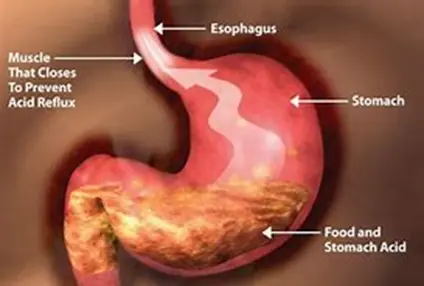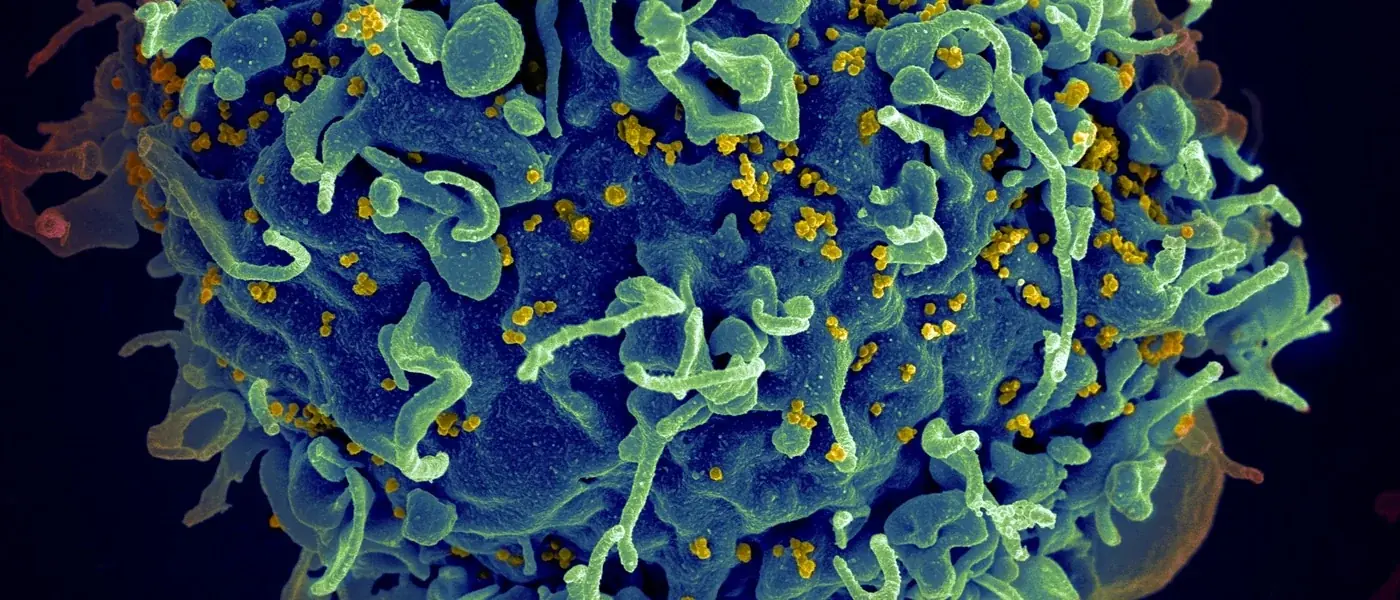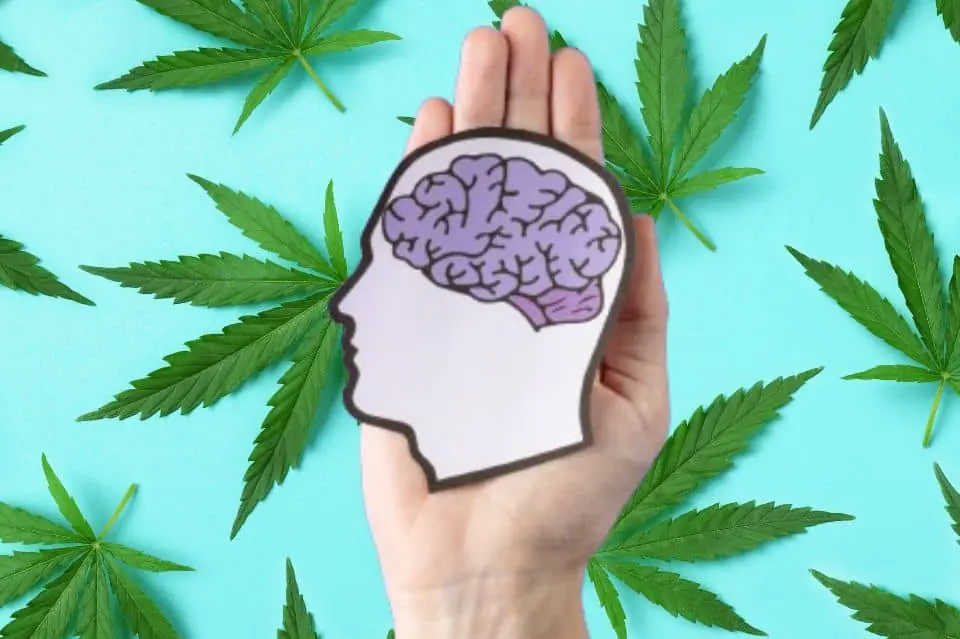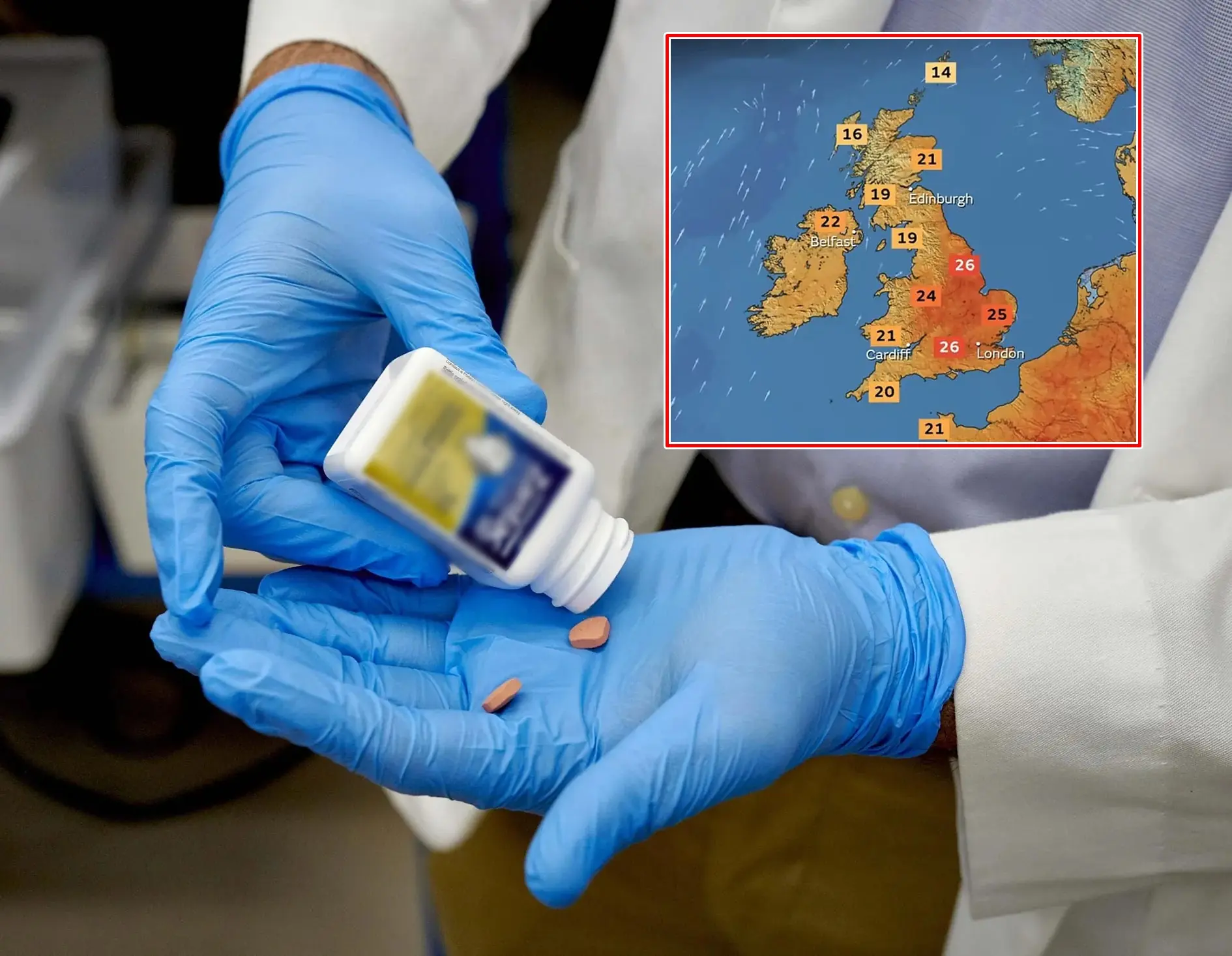
6 Groups Who Should Avoid Coffee in Their Daily D!et
Coffee is a staple in many people's daily routines, offering a boost of energy and alertness. However, it's essential to recognize that coffee may not be suitable for everyone. Experts have identified six specific groups who should consider eliminating coffee from their daily diet to avoid potential health issues.
1. Individuals with Cardiovascular Conditions
Caffeine, the primary active compound in coffee, can increase heart rate and blood pressure. For those with pre-existing heart conditions, such as arrhythmias or hypertension, consuming coffee may exacerbate symptoms and increase the risk of complications.
2. People Experiencing Anxiety or Insomnia
Caffeine is a stimulant that can trigger the release of stress hormones like adrenaline. This stimulation can lead to heightened anxiety, restlessness, and difficulty sleeping. Individuals prone to anxiety or those suffering from insomnia should limit or avoid coffee consumption, especially in the afternoon and evening.
3. Individuals with Digestive Disorders
Coffee's acidic nature can irritate the stomach lining and exacerbate symptoms in individuals with conditions like gastritis, acid reflux, or irritable bowel syndrome (IBS). The caffeine in coffee can also stimulate bowel movements, potentially leading to diarrhea or abdominal discomfort in sensitive individuals.
4. Pregnant and Breastfeeding Women
During pregnancy, the metabolism of caffeine slows down, leading to prolonged exposure in the body. High caffeine intake during pregnancy has been associated with risks such as miscarriage, low birth weight, and preterm birth. Breastfeeding mothers should also be cautious, as caffeine can pass into breast milk and affect the infant's sleep patterns and development.
5. Individuals with Osteoporosis
Excessive caffeine consumption can interfere with calcium absorption and increase calcium excretion in urine. For individuals with osteoporosis or those at risk, this can lead to weakened bones and an increased risk of fractures. It's advisable for these individuals to limit their coffee intake and ensure adequate calcium consumption.
6. People with Iron Deficiency Anemia
Coffee contains polyphenols that can inhibit the absorption of non-heme iron, the type of iron found in plant-based foods. Consuming coffee immediately before or after meals can significantly reduce iron absorption, potentially worsening iron deficiency anemia. It's recommended to avoid coffee around meal times to optimize iron intake.
Conclusion:
While coffee offers various health benefits for many, it's not suitable for everyone. Individuals in the aforementioned groups should consider eliminating or reducing their coffee intake to maintain optimal health. It's always best to consult with a healthcare professional before making significant changes to your diet.
News in the same category


Unlocking the Health Benefits of Morning Coffee: A Guide to Optimal Timing

Family of Three Diagnosed with Lung C@ncer from Grilled Food: A Cautionary Tale

How to Remove Stubborn Limescale from Your Electric Kettle with This Simple Trick

How to Prevent Snakes from Entering Your Air Conditioner: Essential Safety Tips

Avoid Throwing Away the Roots When Preparing These 4 Vegetables: Are You Unknowingly Discarding the 'Miracle' That Helps Your Body Stay Healthy from the Roots

12 Summer Vegetables Prone to P@rasite Contamination: What You Need to Know

13 Early Warning Signs of Kidney Issues in Young Adults

Why Does the Air Conditioner Smell at 26°C but Not at 25°C? The Surprising Cause

Father of Four D!es from Bowel C@ncer: A Heartbre@king Reminder to Listen to Your Body

Sweet Treat or Silent Thre@t? Experts Warn of Hidden D@ngers in Slushies for Children

The Sugar-Eating Vegetable That’s Taking Health Experts by Surprise
Discover how beans help manage diabetes by regulating blood sugar levels, providing essential nutrients, and supporting overall health. Learn the benefits of adding beans to your diet and other vegetables that support blood sugar control.

Your Stomach Ac!d Could Digest Razor Blades - Here's How You Don't D!e From It
Learn about the fascinating regeneration of the stomach lining, how it plays a vital role in digestion, and how lifestyle factors like diet and stress can affect its health. Discover tips for maintaining a healthy stomach lining to avoid digestive issues.

It’s Official: H!V Is Now a Manageable Condition, Not a Dea@th Sentence
HIV is now a manageable condition, with ART allowing people to live full lives. The virus can even become undetectable and untransmittable. Learn about the progress and ongoing challenges.

This Alternative Treatment Might Reverse Brain Aging and Improve Mental Sharpness—Without the High
A 2017 study suggests that low doses of THC might help reverse age-related memory decline in mice. Discover how THC reactivates brain pathways linked to healthy aging and what this could mean for future therapies against neurodegeneration and cognitive de

Serious Heart R!sks Linked to Just 3 Nights of Poor Sleep, Scientists Warn
Discover the alarming link between sleep deprivation and heart health. A recent study from Uppsala University reveals how just three nights of poor sleep can trigger harmful changes in blood, increasing the risk of heart disease.

Doctor's Warning: What You Should NEVER Ignore About Bulging Ve!ns
Learn about bulging veins, including causes, symptoms, risk factors, and complications like varicose veins. Discover effective prevention strategies and when to seek medical attention for bulging veins. Stay informed about vein health to avoid serious com

Autophagy Explained: Why Getting Hungry Destr0ys Canc3r, Alzheimer's and Aging Cells
Discover how fasting triggers autophagy, a natural process that helps your body recycle damaged cells, combat aging, and lower risks of diseases like cancer and Alzheimer’s. Learn more about the benefits of fasting for overall health.

Warning over common over-the-counter drug that can fuel cancer in warm weather
It is crucial for individuals taking these medications to be aware of the potential risks and to take appropriate steps to protect their skin from harmful UV radiation.
News Post

From Abandoned to Adored: The Heartwarming Story of Zed, the Miniature Pinscher Who Found His Forever Family
Found crying and abandoned, a tiny Miniature Pinscher named Zed embarked on an incredible journey. This heartwarming story of dog rescue reveals how unexpected love transformed his life.

A Lesson in Respect and Safety: How One Driver Handled a Police Stop While Legally Carrying a Firearm
Learn how a responsible driver handled a police stop while legally carrying a firearm, emphasizing safety, respect, and cooperation. A powerful story of how mutual respect can create a positive outcome during a tense situation.

A Race Against Time: How a Stranger's Extraordinary Kindness Ensured a Daughter's Final Farewell
Discover the extraordinary kindness of a stranger whose selfless act provided a miraculous journey home, ensuring a precious final goodbye and inspiring a legacy of paying it forward.

Carol Kaye Declines Rock and Roll Hall of Fame Induction, Stands by Legacy of Teamwork
Carol Kaye, a legendary bassist, declines her 'Music Excellence Award' at the Rock and Roll Hall of Fame, citing a lack of reflection of the collaborative spirit of session musicians. Discover her reasoning and stand for respect in the industry.

A Stranger's Blessing: The Transformative Power of Kindness That Changed a Life Forever
Lucia's simple act of kindness toward a stranger leads to an unexpected windfall and a life-changing revelation. Discover how one small gesture transformed everything and set her on a new path, full of hope and love.

The Mystery Behind the Chicken and the Hidden Family Secret
Discover the chilling family secret revealed by a chicken and its connection to a missing man. A gripping story of suspense and mystery, uncovering long-buried truths.

Overcoming the Struggles of Parenting Triplets: A Journey of Love, Exhau$tion, and Hope
A deeply emotional story of a couple’s struggle to raise triplets, filled with exhau$tion, guilt, and the overwhelming love they share for their children.

The Prom Dress Mystery: A Hidden Letter That Changed Three Lives Forever
A young woman buys a $12 prom dress from a thrift store, only to uncover a hidden letter that leads to a powerful reunion. Explore the emotional journey of forgiveness, second chances, and the mysterious connection that binds their lives together.

Family Secrets Unveiled: A Son's Journey to Discover the Truth Behind His Grandfather's Legacy
A son uncovers hidden family secrets in a letter left by his late grandfather. Join his emotional journey to find his long-lost sister and reclaim what was once lost—his family’s true legacy.

From Rejection to Redemption: How a Wedding Changed a Mother’s Place in Her Son’s Life Forever
A mother’s love is put to the test when her son’s wedding brings unexpected emotions and a life-changing declaration. Discover the heartwarming journey of a mother and son’s bond that triumphs over all odds in this touching story of family, love, an

6 Morning Foods to Boost Insulin Sensitivity and Control Bl00d Sugar

Unlocking the Health Benefits of Morning Coffee: A Guide to Optimal Timing

Torn Between Love and Freedom: A Daughter’s Battle for Independence Against Her Family's Expectations
A young woman struggles with her controlling family, torn between following her dreams abroad and staying to meet her parents' expectations. A story of family conflict, independence, and finding peace amidst emotional manipulation.

Family of Three Diagnosed with Lung C@ncer from Grilled Food: A Cautionary Tale

How to Remove Stubborn Limescale from Your Electric Kettle with This Simple Trick

Am I Wrong for Refusing to Attend Dinner After My Sister-in-Law Used Her Kids to Manipulate Me?
Tensions rise when a family dinner becomes a battleground of manipulation, boundaries, and respect. Read about the emotional showdown between a woman and her sister-in-law, and the shocking aftermath of one decision that could change everything.

How to Prevent Snakes from Entering Your Air Conditioner: Essential Safety Tips

Avoid Throwing Away the Roots When Preparing These 4 Vegetables: Are You Unknowingly Discarding the 'Miracle' That Helps Your Body Stay Healthy from the Roots
